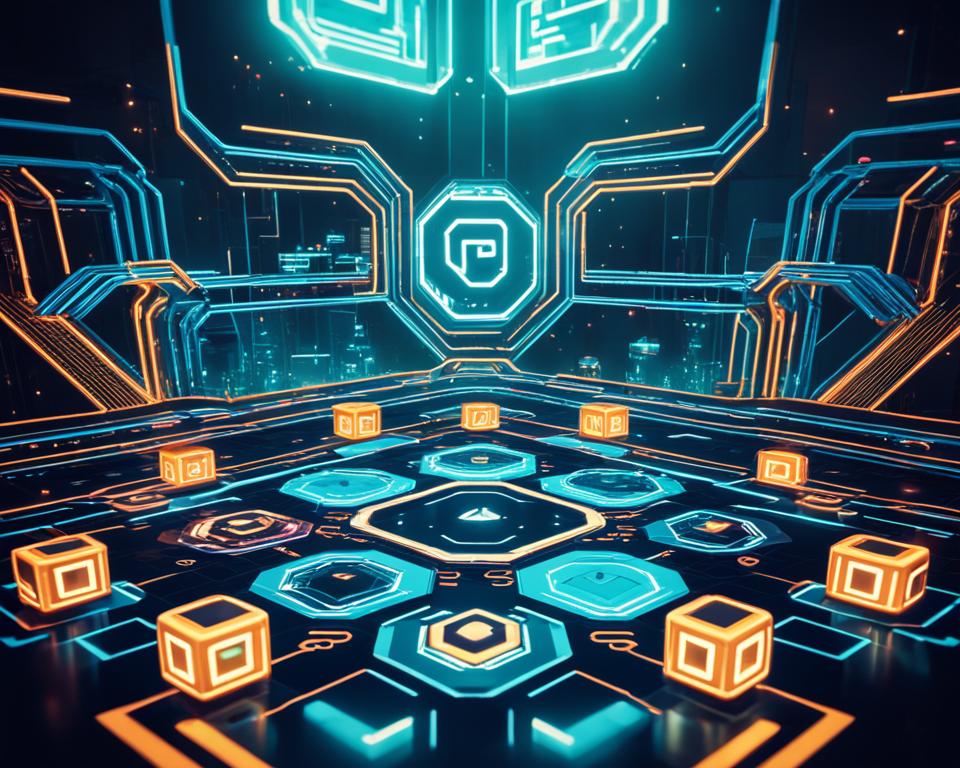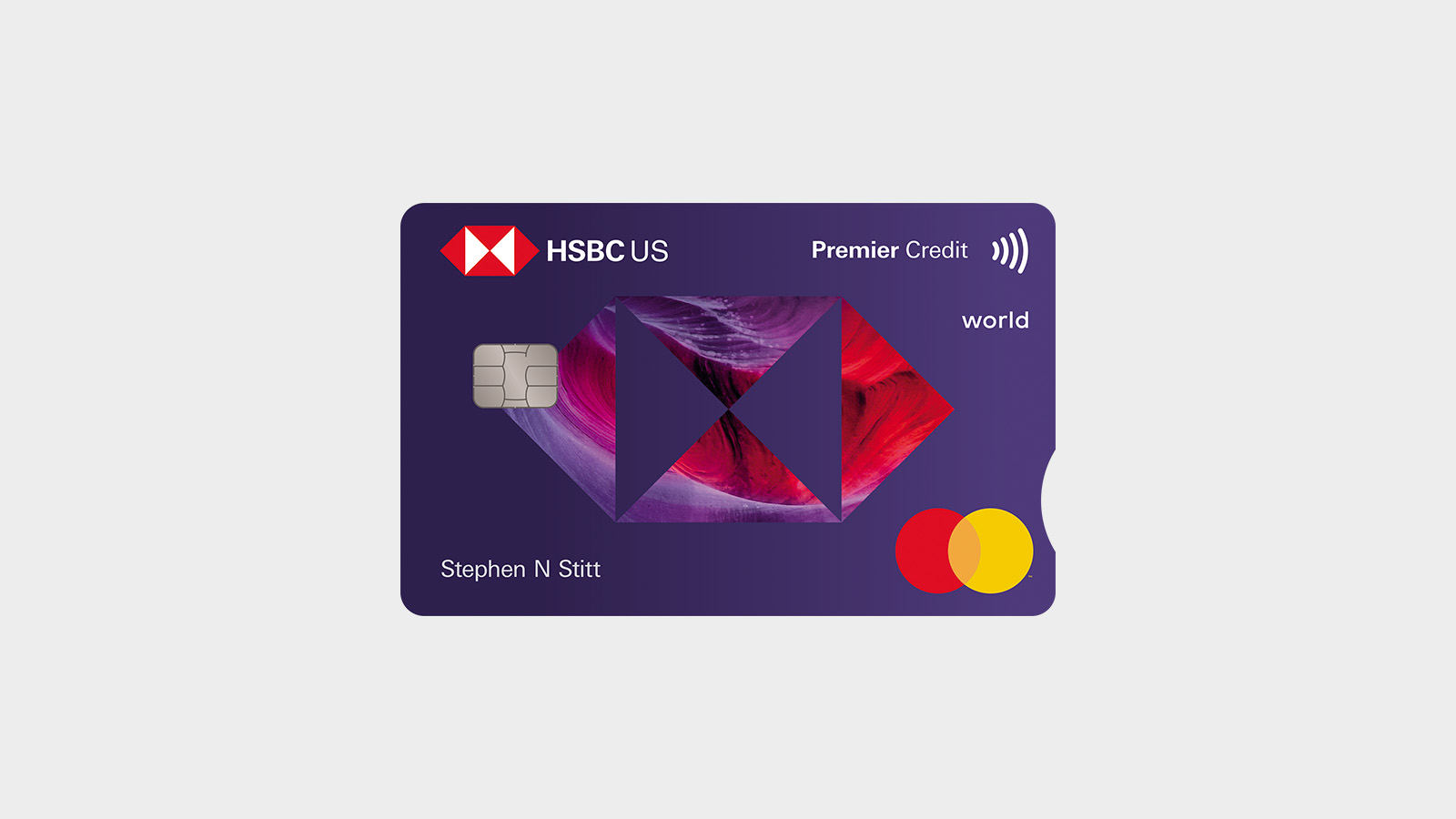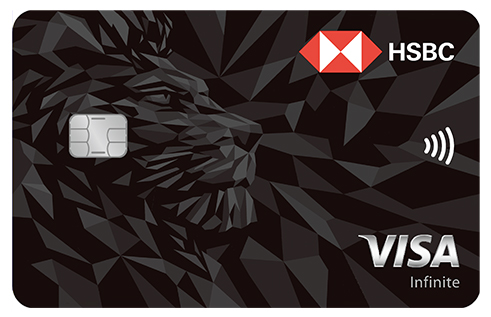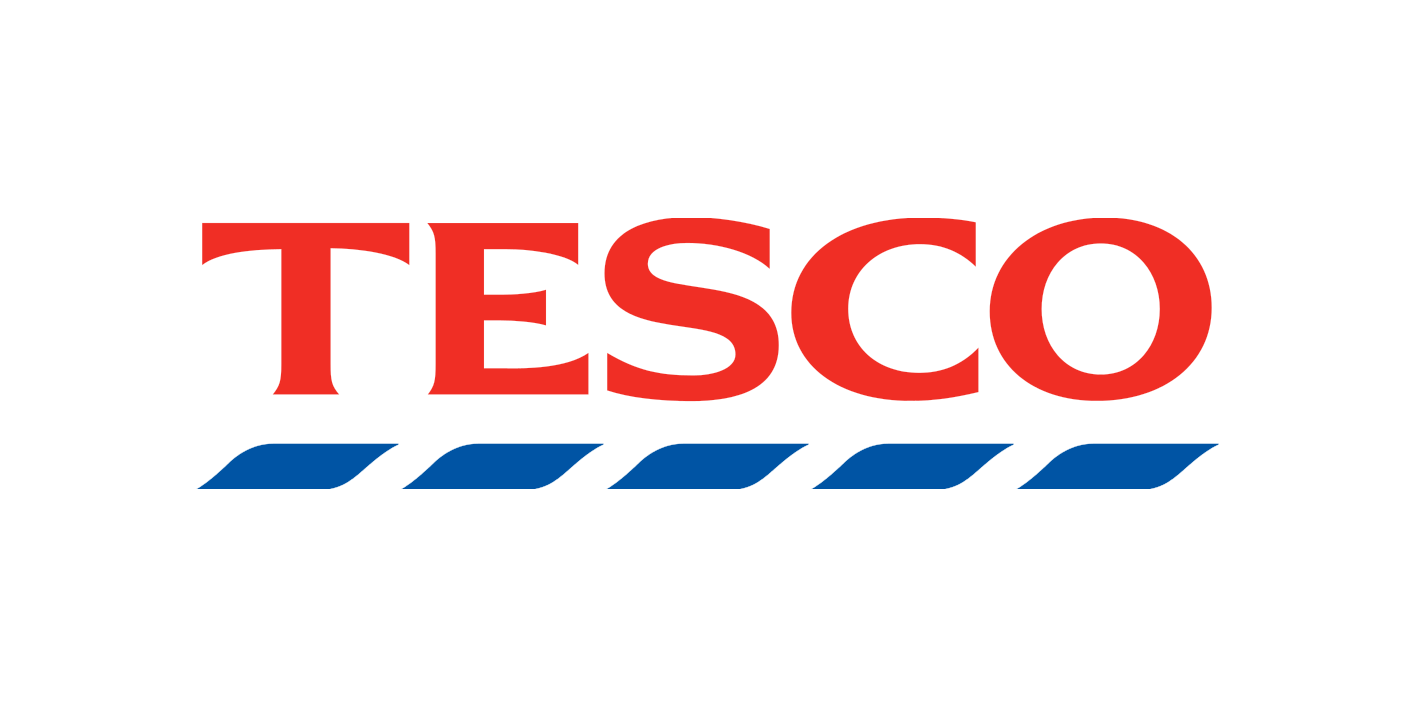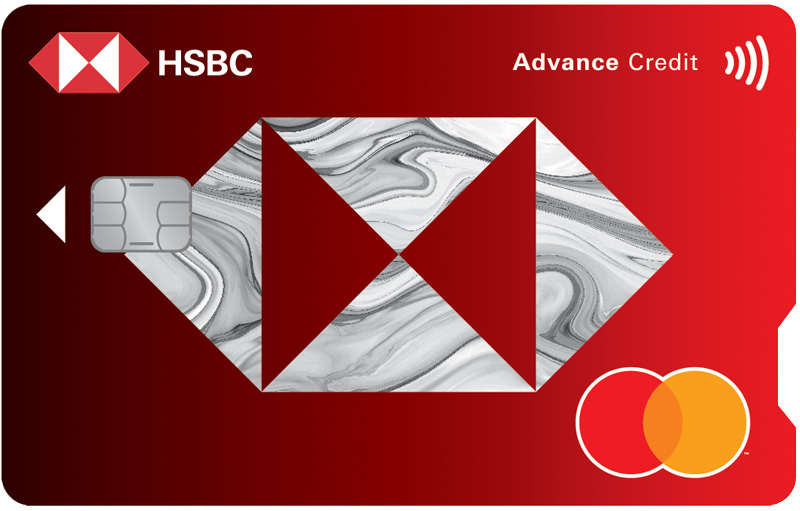Blockchain technology, initially known for powering cryptocurrencies like Bitcoin and Ethereum. Has expanded its reach into the gaming industry, giving rise to a new era of blockchain games. These innovative gaming experiences integrate blockchain infrastructure and cryptocurrency to offer players unique opportunities, rewards, and ownership over in-game assets. By leveraging the principles of blockchain, such as decentralization, transparency.
The integration of blockchain technology into games has introduced novel game mechanics. Enabling players to truly own and trade their in-game assets. Often in the form of non-fungible tokens (NFTs). This shift empowers players, granting them greater control and the ability to generate value from their gaming activities. Moreover, the implementation of play-to-earn models within blockchain games allows players to earn cryptocurrency rewards. Blurring the line between gaming and earning, and creating new opportunities for players to monetize their time and skill.
As blockchain games continue to evolve, they are not only impacting the gaming industry but also have the potential to influence broader economic and social trends. The decentralized nature of these games, coupled with the transparency and security of blockchain. Offers a unique platform for the exploration of new gaming models, the gamification of blockchain technology. This article delves into the inner workings of blockchain games.
Introduction to Blockchain Games
Blockchain games are transforming the gaming industry by leveraging the power of blockchain technology. These innovative games offer players a new level of control and ownership over their in-game assets. Revolutionizing the way we interact with virtual worlds. At the heart of blockchain games are the key components that make them unique. Paving the way for a more transparent and decentralized gaming experience.
What are Blockchain Games?
Blockchain games are video games that utilize blockchain technology to enhance gameplay, ensure transparency, and provide verifiable ownership of in-game assets. Unlike traditional games where developers control in-game items.
Key Components of Blockchain Games
The core components that define blockchain games include:
- Blockchain Technology: The underlying distributed ledger technology that enables secure, transparent, and decentralized transactions.
- Smart Contracts: Self-executing digital agreements that automatically enforce the rules and conditions of in-game interactions.
- Non-Fungible Tokens (NFTs): Unique digital assets that represent ownership of in-game items, allowing for true digital scarcity and verifiable provenance.
These components work together to create a gaming experience that empowers players. Fosters a thriving in-game economy, and unlocks new opportunities for developers and players alike.
How Blockchain Gaming Works
Blockchain technology is revolutionizing the gaming industry by introducing new. In blockchain games, various game elements, such as weapons, skins, and characters, are tokenized into non-fungible tokens (NFTs). These NFTs are stored on the decentralized ledger, ensuring the uniqueness and true ownership of these digital items.
Creating In-Game Assets
Game developers can leverage smart contracts to create and manage in-game assets as NFTs. These NFTs can represent a wide range of game elements, from virtual land and resources to unique collectibles and characters. The blockchain’s decentralized nature and transparent record-keeping allow for the secure and transparent creation and distribution of these in-game assets.
Ownership and Trading
With blockchain gaming, players can truly own their in-game assets. These NFTs can be freely traded, rented, or sold on decentralized marketplaces. Using peer-to-peer transactions and cryptocurrency as the medium of exchange. This empowers players to build real economic value from their in-game activities and achievements.
Decentralized Marketplaces
Blockchain games often feature decentralized marketplaces where players can buy, sell, and trade their NFT-based in-game assets. These marketplaces operate on the blockchain. leveraging smart contracts to facilitate secure and transparent transactions without the need for a centralized authority. This creates a more equitable and player-centric gaming ecosystem.
Play-to-Earn Mechanisms
Many blockchain games incorporate play-to-earn mechanisms, where players can earn cryptocurrency rewards and NFTs by engaging with the game and completing specific tasks or achievements. This economic incentive encourages players to actively participate and contribute to the game’s ecosystem.
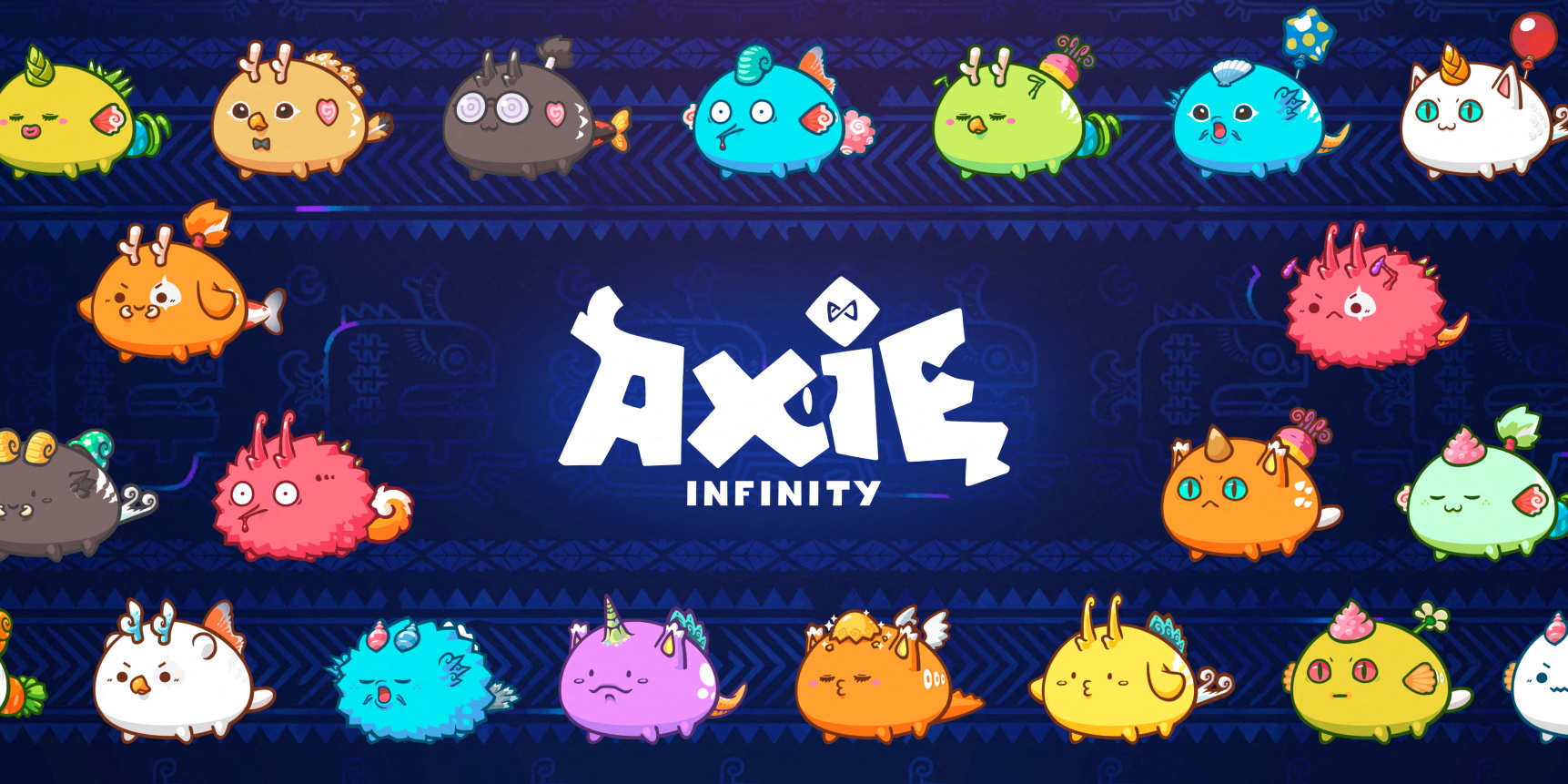
Benefits of Blockchain Games
Blockchain games have emerged as a revolutionary force in the gaming industry, offering a plethora of advantages that traditional games often lack. At the forefront of these benefits is the concept of true ownership of in-game assets. Unlike conventional games where players merely license digital items, blockchain games enable true digital ownership through the use of non-fungible tokens (NFTs).
Moreover, the decentralized and cryptographic nature of blockchain technology brings enhanced security to the gaming ecosystem. Transactions and asset ownership are recorded on the immutable blockchain, providing players with a heightened sense of transparency and auditability.
Limitations of Blockchain Games
While blockchain games offer exciting possibilities, they also come with certain limitations that developers and players must navigate. One of the primary challenges is scalability issues, which can lead to slower transaction times and higher fees during peak usage periods. The inherent complexity of blockchain technology requires a learning curve for new users to understand concepts like wallets, cryptocurrencies, and Non-Fungible Tokens (NFTs).
The evolving regulatory environment surrounding blockchain and cryptocurrency can also create uncertainty for both developers and players. Navigating the ever-changing landscape of laws and regulations can be a significant hurdle for the blockchain gaming industry.
Additionally, security vulnerabilities in improperly designed or unaudited smart contracts. Developers must prioritize robust security measures to protect players’ assets and ensure the integrity of the gaming platform.
| Limitation | Description |
|---|---|
| Scalability issues | Slower transaction times and higher fees during peak usage periods |
| Complexity | Steep learning curve for new users to understand wallets, cryptocurrencies, and NFTs |
| Regulation | Evolving regulatory environment creates uncertainty for developers and players |
| Security challenges | Potential vulnerabilities in improperly designed or unaudited smart contracts and dApps |
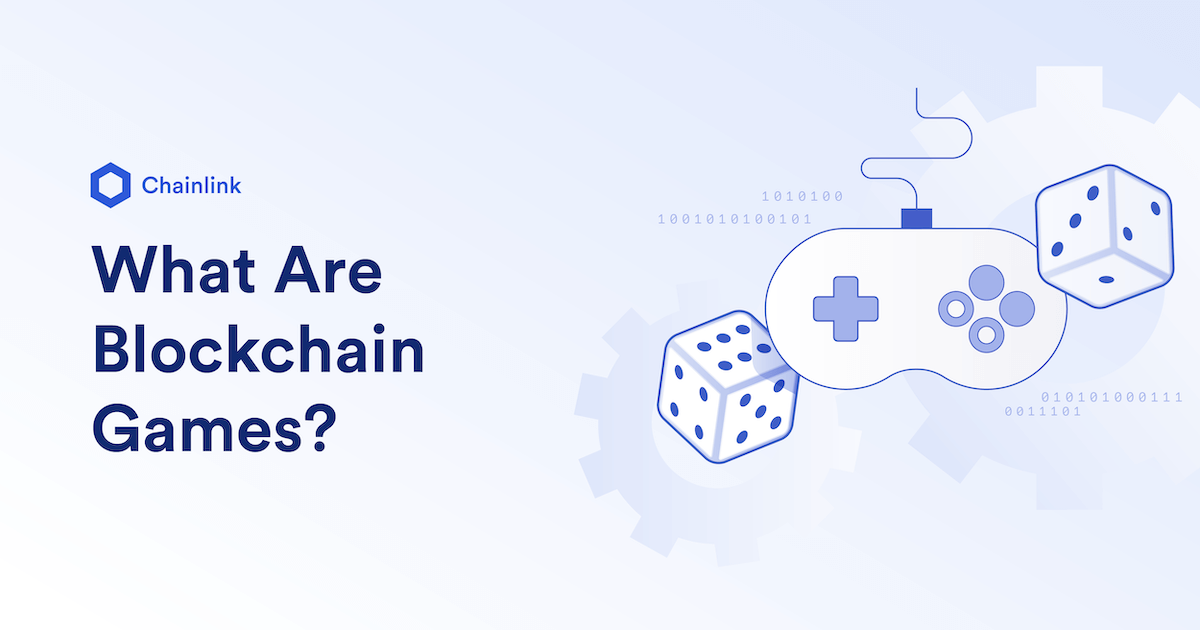
“Overcoming the limitations of blockchain games is essential for the industry to reach its full potential and deliver truly transformative gaming experiences.”
Blockchain Games: Understanding Their Mechanics and Potential Impact
In the ever-evolving gaming industry, blockchain technology is emerging as a transformative force, offering players a new level of transparency. True ownership, and innovative monetization opportunities. Blockchain games leverage the power of decentralized networks to create engaging and immersive experiences that traditional games simply cannot match.
The core mechanics of blockchain games revolve around the creation and management of in-game assets, such as virtual items, characters, and resources, as non-fungible tokens (NFTs). These unique digital assets are stored on the blockchain. Providing players with verifiable proof of ownership and the ability to freely trade or exchange them. This shift towards true digital ownership has the potential to significantly impact the gaming industry.
Decentralized Gaming Platforms and DeFi Integration
Alongside the rise of blockchain games, decentralized gaming platforms have emerged as facilitators of this transformation. These platforms leverage blockchain technology to create a fair and transparent gaming environment, where players can engage in activities like play-to-earn models, which allow them to generate real-world value from their in-game achievements and contributions.
Moreover, the integration of decentralized finance (DeFi) protocols within these gaming platforms introduces new avenues for player-driven economies, enabling seamless in-game asset trading, lending, and staking opportunities. This confluence of blockchain, gaming, and DeFi is paving the way for a future where the gaming industry becomes more accessible, rewarding, and empowering for players.
Regulatory Developments and Investment Potential
As the blockchain gaming market continues to grow, regulatory frameworks are gradually taking shape to provide clarity and guidance for this emerging sector. Governments and policymakers are working to establish guidelines that balance innovation with consumer protection, ensuring the long-term sustainability and mainstream adoption of blockchain games.
Investors have taken note of the immense potential of blockchain games, with significant capital flowing into the development of new platforms, innovative game projects, and supporting infrastructure. This surge of investment underscores the belief that blockchain technology will play a pivotal role in shaping the future of the gaming industry, offering both players and game developers a new world of opportunities.
| Key Trends in Blockchain Gaming | Projected Market Growth |
|---|---|
|
|
As blockchain technology continues to evolve and regulatory frameworks mature, the future of blockchain games appears increasingly promising, poised to revolutionize the gaming industry and offer players a new era of true ownership, transparent gaming, and decentralized gaming platforms with seamless DeFi integration and play-to-earn models. The market growth and investment potential in this sector suggest that blockchain games are set to play a pivotal role in the gaming landscape of tomorrow.
True Ownership of In-Game Assets
The world of gaming has undergone a transformative shift with the advent of blockchain technology. One of the most significant advancements is the emergence of non-fungible tokens (NFTs), which have revolutionized the way players interact with and own their in-game assets. NFTs are unique digital tokens that represent true ownership of virtual items, allowing gamers to have unparalleled control over their gaming investments.
Non-Fungible Tokens (NFTs) and Their Significance
NFTs are digital assets that are one-of-a-kind and cannot be replaced by something else. In the context of gaming, NFTs are used to represent unique in-game items, such as rare weapons, exclusive skins, or limited-edition collectibles. By leveraging blockchain technology, these digital assets become truly ownable, enabling players to buy, sell, and trade them on decentralized secondary markets.
Creation of Unique, Tradable In-Game Assets
- Blockchain technology allows game developers to create unique, non-fungible in-game assets that are verifiably scarce and ownable by players.
- These digital assets can be traded on open, decentralized marketplaces, providing players with the opportunity to monetize their gaming investments.
- The tradability of NFT-based in-game assets introduces new revenue streams for both players and game developers, fostering a thriving player monetization ecosystem.
| Feature | Traditional In-Game Assets | NFT-based In-Game Assets |
|---|---|---|
| Ownership | Held by game developers, players have limited control | Owned by players, with true, verifiable ownership |
| Tradability | Limited or non-existent, restricted by game developers | Freely tradable on decentralized secondary markets |
| Scarcity | Determined by game developers, often unlimited supply | Programmatically enforced scarcity, each asset is unique |
| Player Monetization | Limited to in-game purchases and gameplay rewards | Robust secondary markets allow players to sell assets |
The integration of NFTs in gaming is a significant step towards empowering players and creating a more equitable and transparent gaming ecosystem. By providing true ownership and tradability of in-game assets, blockchain technology is transforming the way players interact with and derive value from their gaming experiences.
“The tokenization of in-game assets is a game-changer, allowing players to truly own and monetize their virtual possessions. This shift towards true digital ownership is set to revolutionize the gaming industry as we know it.”
Decentralized Gaming Platforms
The emergence of decentralized gaming platforms is a revolutionary development within the gaming industry, reshaping the way games are developed, operated, and experienced. These platforms leverage blockchain technology to create transparent, player-owned, and player-governed ecosystems, marking a significant departure from traditional, centralized gaming systems.
Overview of Decentralized Gaming Platforms
Decentralized gaming platforms empower players by enabling true ownership and governance of in-game assets and decisions. They enhance transparency through blockchain’s immutable ledger, prevent cheating through smart contract enforcement, and foster economic empowerment by allowing players to monetize their in-game assets.
Their Role in Creating a Fair and Transparent Gaming Ecosystem
By harnessing the power of decentralized gaming platforms, the gaming industry is witnessing a transformation towards a more fair and transparent ecosystem. These platforms give players a direct stake in the success of the games they love, fostering a player-driven environment that aligns the interests of developers and gamers alike.


